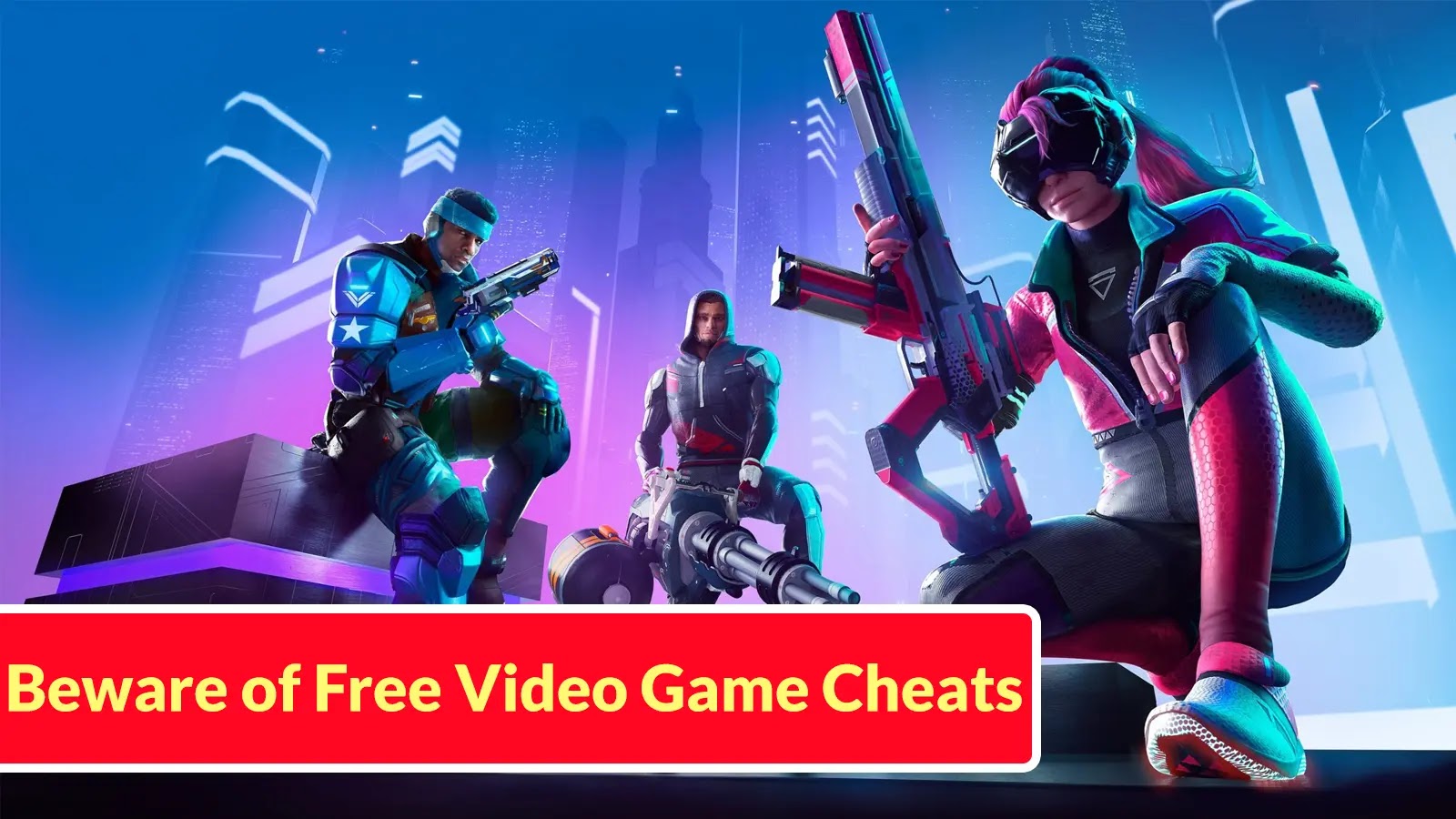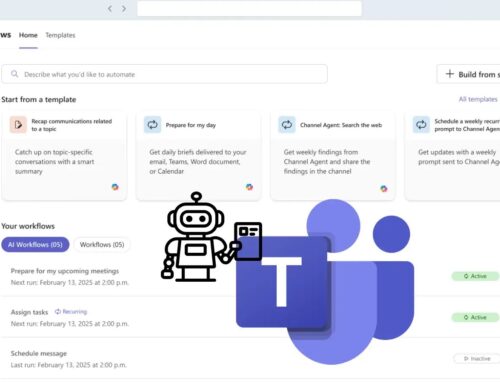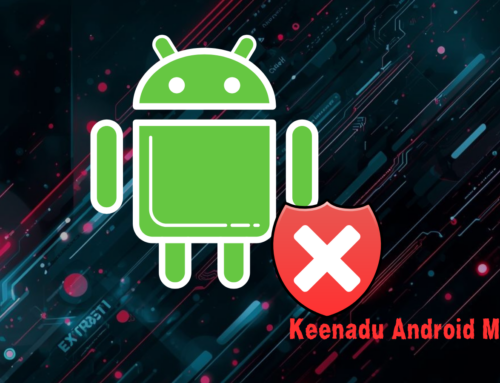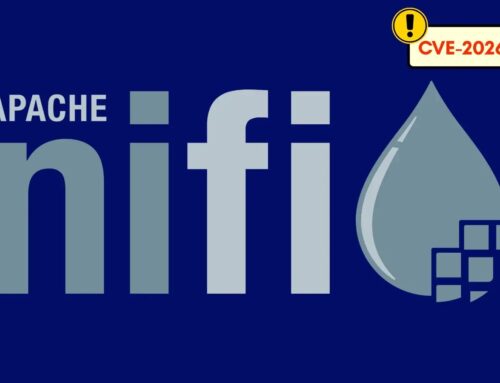
Beware of Free Video Game Cheats That Delivers Infostealer Malwares
The High Price of “Free”: When Video Game Cheats Deliver Infostealers
In the fiercely competitive world of online gaming, the allure of gaining an edge can be irresistible. With esports prize pools regularly topping seven figures, players are constantly seeking advantages. Unfortunately, this intense pursuit of victory has become a fertile ground for cybercriminals weaponizing seemingly innocuous “free game cheats” to deploy devastating malware, particularly infostealers. This phenomenon isn’t just a nuisance; it represents a significant threat to personal data and digital security.
The Lure of Advantage: Why Cheats Are a Target for Attackers
The gaming landscape is defined by competition. Whether it’s a casual match or a high-stakes tournament, players crave superiority. This desire often leads them to seek out shortcuts, including cheats that promise unfair advantages like unlimited resources, improved aim, or invincibility. Cybercriminals keenly observe these trends, understanding that the demand for such tools creates a perfect opportunity to distribute malicious payloads. They package infostealers and other malware within files masquerading as legitimate game hacks or cracks, exploiting the very desire for an edge.
Understanding Infostealers and Their Impact
Infostealers are a particularly insidious class of malware designed to harvest sensitive information from a compromised system. Once a user downloads and executes a weaponized cheat, the infostealer goes to work silently in the background. It can target a wide array of data:
- Login Credentials: Usernames and passwords for gaming platforms, social media, banking sites, and email accounts.
- Financial Information: Credit card numbers, bank account details, and cryptocurrency wallet keys.
- Personal Documents: Scanned IDs, financial statements, and other sensitive files.
- Browser Data: Browsing history, cookies, and autofill forms.
- System Information: Hardware specifications, installed software, and network configuration, which can be further exploited.
The impact of an infostealer infection can be profound, leading to identity theft, financial fraud, account compromise, and significant reputational damage. For gamers, losing access to high-value accounts with extensive purchases and progress can be devastating.
How Attackers Distribute Malicious Cheats
Cybercriminals employ several common tactics to distribute these weaponized cheats:
- Shady Websites and Forums: Many “free cheat” downloads are hosted on unofficial websites, torrent sites, or underground forums frequently visited by players seeking such advantages. These platforms often lack security scrutiny, making them ideal distribution points.
- Social Media and Messaging Apps: Links to malicious cheats are often shared through social media groups, Discord servers, or direct messages, leveraging social engineering to convince users of their legitimacy.
- YouTube Videos: Attackers create videos showcasing fake cheats and provide links in the description, leading users to malicious download sites.
- Phishing Campaigns: In some cases, more sophisticated attackers might use targeted phishing emails or messages disguised as legitimate offers for game-related tools.
Remediation Actions: Protecting Yourself from Malicious Cheats
Preventing an infostealer infection from fake game cheats requires a proactive and vigilant approach. Here’s how gamers and others can protect themselves:
- Avoid Unofficial Sources: Never download game modifications, cheats, or cracks from unofficial websites, torrents, or unverified forums. Stick strictly to legitimate game publishers and official platforms.
- Maintain Robust Antivirus/Anti-Malware Software: Ensure your antivirus software is always updated and running active scans. This is your primary defense against known malware signatures.
- Enable Multi-Factor Authentication (MFA): Implement MFA on all your gaming accounts, email, and financial services. Even if your credentials are stolen, MFA acts as a vital secondary layer of security.
- Use Strong, Unique Passwords: Do not reuse passwords across multiple services. Utilize a password manager to create and store complex, unique passwords for every account.
- Exercise Caution with Executable Files: Be extremely wary of running
.exe,.dll, or other executable files obtained from untrusted sources, even if they claim to be game-related. - Regularly Back Up Data: While it won’t prevent an infostealer, regular backups of important files can mitigate the impact of data loss in a worst-case scenario.
- Educate Yourself: Understand the common tactics used by attackers. If something seems too good to be true, it almost certainly is.
Key Takeaways
The quest for a competitive edge in gaming, often fueled by substantial prize money in esports, inadvertently creates a ripe target for cybercriminals. Weaponized game cheats, disguised as free advantages, are a prevalent and dangerous vector for delivering infostealer malware. The consequences of such an infection can range from compromised gaming accounts to significant financial loss and identity theft. By adhering to official sources for game-related content, utilizing strong cybersecurity practices, and exercising critical judgment, gamers can protect themselves from these insidious threats and keep their digital lives secure.





